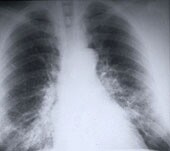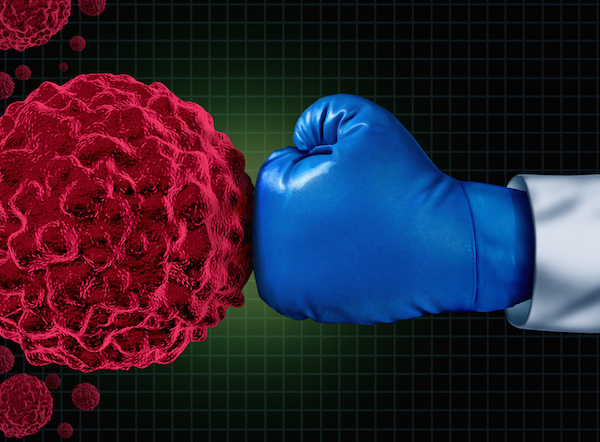
TUESDAY, Jan. 19 (HealthDay News) — New research offers insight into how a carcinogen in tobacco known as NNK contributes to the formation of lung cancer tumors.
Researchers at National Cheng Kung University in Taiwan report that NNK contributes to the accumulation of a protein, called DNMT1, in the nucleus of cells. In turn, DNMT1 turns off genes that keep tumors from forming.
The researchers, led by Yi-Ching Wang, reported that they have found evidence supporting their theory in tumors from mice treated with NNK and from human lung cancer patients who were smokers.
Lung cancer patients who were heavy smokers and who had high levels of expression of DNMT1 tended to have poorer prognoses, the study authors found.
The findings are published online Jan. 19 in the Journal of Clinical Investigation.
More information
For help with trying to quit smoking, visit smokefree.gov.

